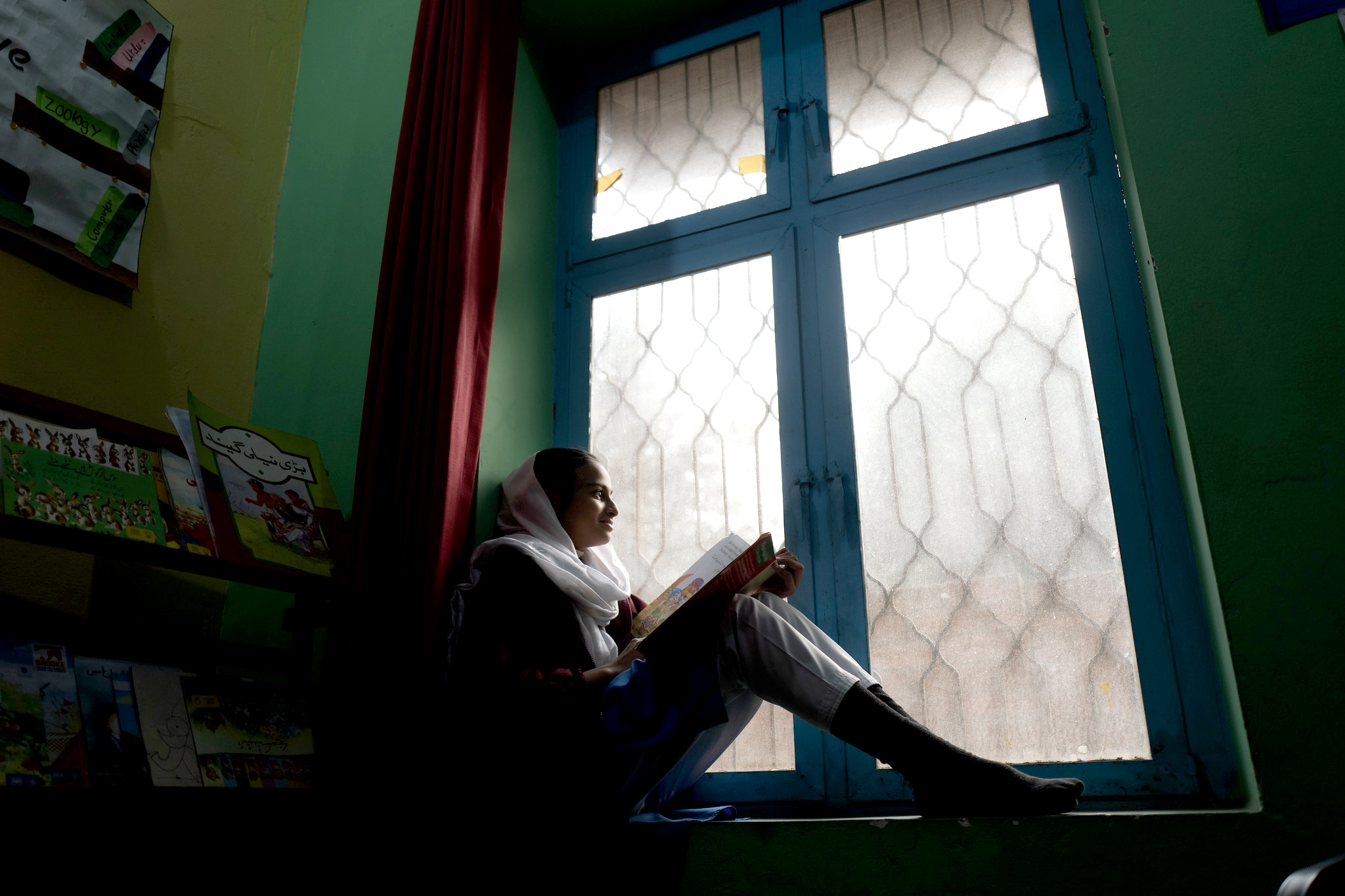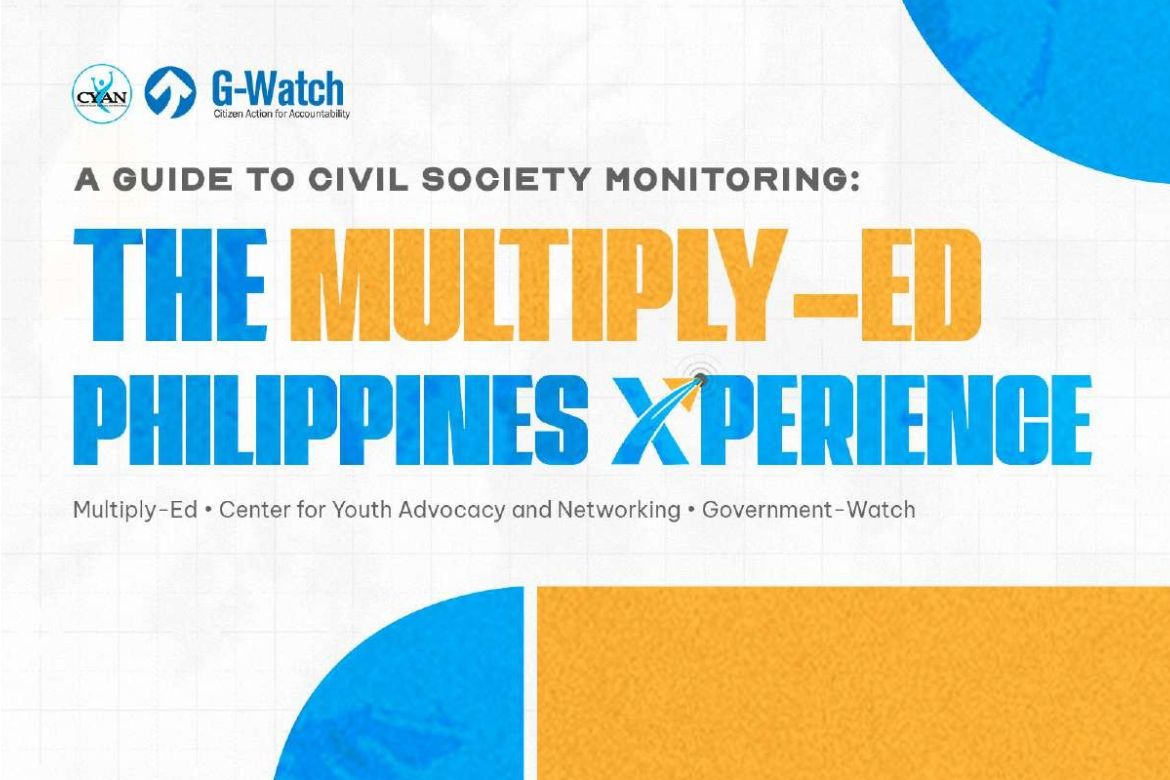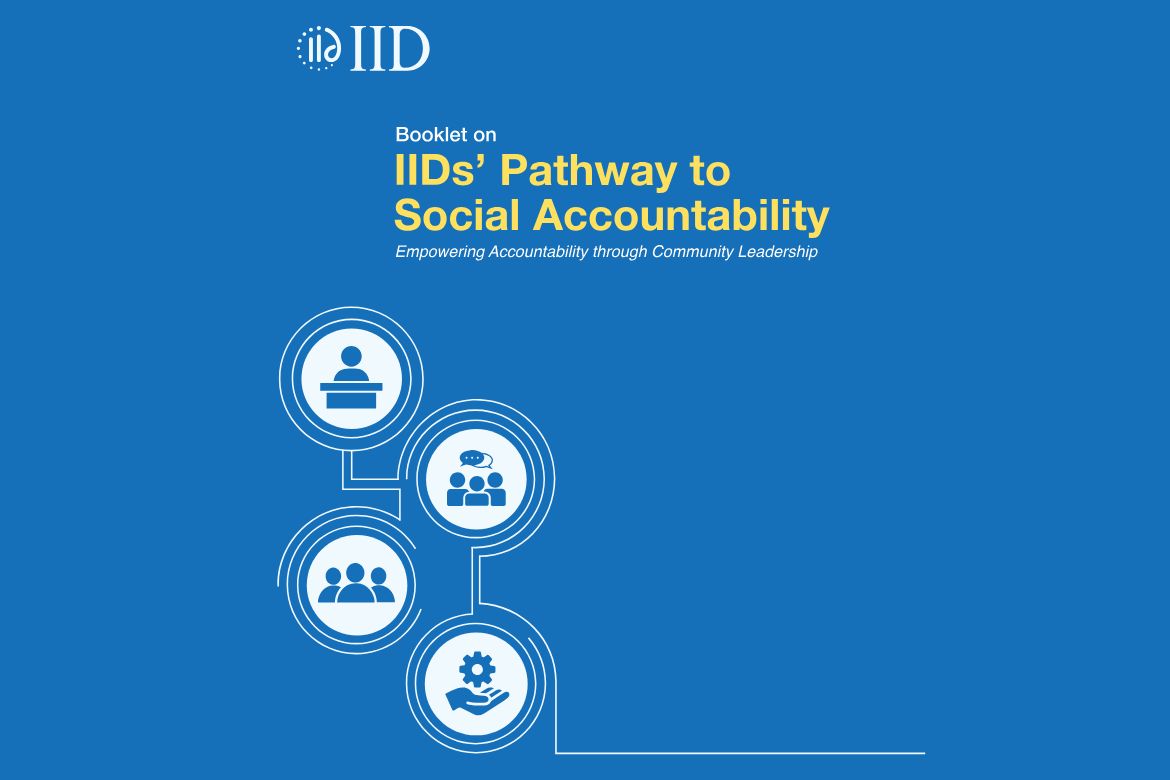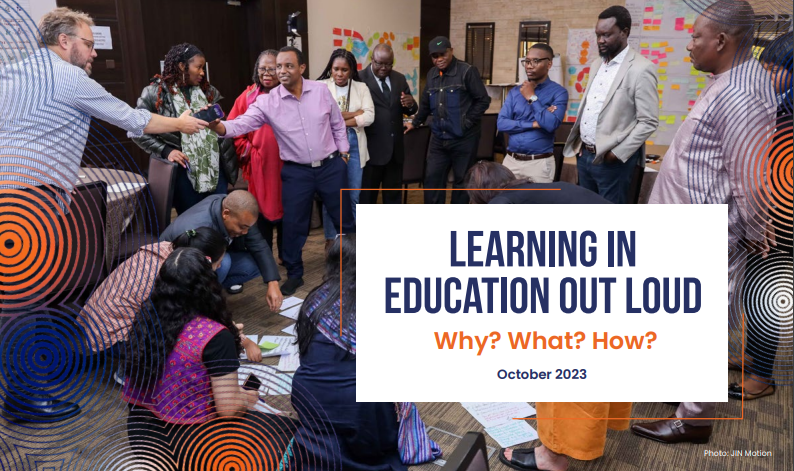Study: Can social accountability mechanisms enable inclusive, equitable, and quality education for the most marginalized?
The findings suggest how evidence-based advocacy and grassroots engagement can bring about positive change in the education sector, promoting transparency, accountability, and inclusivity. You can find the full study here or read the blog by PRIA director Dr Kaustuv Kanti Bandyopadhyay, who led the study.
The Role of Social Accountability in Education Governance
The education systems in Bangladesh, Pakistan, and the Philippines face various challenges that hinder their ability to provide quality, fair, and inclusive education. While Bangladesh has made progress in expanding educational access, particularly for women, it struggles with community disconnect with centralised education system and budgetary shortfalls. Pakistan struggles with limited inclusivity, inequality, and insufficient quality, despite increased spending on education and reform efforts. The Philippines, especially post COVID, is dealing with crisis-unresponsive budget allocation, inadequate teacher training, and unequal access worsened by corruption.
In response to these challenges, three partner organizations of the EOL program has implemented social accountability and advocacy initiatives to enhance access to education by fostering citizen engagement and influencing policy.
In Bangladesh, the e!quality project was conceptualized and implemented by the Institute of Informatics and Development (IID), a research think tank with their alliance partner, Youth for Policy. In Pakistan, the Institute of Social and Policy Sciences (I-SAPS) together with their alliance partner, Consumer Rights Commission of Pakistan (CRCP) implemented the Reframing Education Accountability in Pakistan (REAP) project. In the Philippines, the Multiply-Ed project was implemented by the Centre for Youth Advocacy and Networking, Inc. (CYAN) and their alliance partner, Government Watch.
Reviewing the methodologies and tools used by these national civil society organisations/alliances in a knowledge systematisation initiative has yielded valuable insights into how civic engagement, social accountability, and advocacy can contribute to positive educational outcomes, even in the face of various constraints.
Social Accountability Tools and Strategies
The EOL partners have used an array of social accountability tools for exacting accountability from the policymakers. These tools have been categorized in three broad categories.
- Engaged Research and Evidence Gathering
- Mobilization and Capacity Building
- Stakeholder Engagement and Policy Influencing
In the Philippines, CYAN focused on involving youth in advocacy efforts, while G-WATCH concentrated on social accountability and citizen monitoring to enhance education service delivery. Both organizations have established teams for school-based participatory monitoring and advocacy and have trained the teams in mobilizing youth to oversee learning continuity strategies at schools. They conducted monitoring and advocacy activities at sub-national and national levels, creating monitoring tools and engaging decision-makers for policy advocacy and reforms. In collaboration with international youth organizations and CSOs, they held dialogues with policymakers to share insights and campaigned for global level changes.
Multiply-Ed made monitoring and advocacy campaigns aiming to engage decision-makers at all levels, enabling citizens to oversee and push the government to be more responsive and accountable. Their youth-led approach involves empowering young people to take on leadership roles and actively participate in all aspects of the campaigns that aim to benefit them and other students. A guide to their monitoring process has been published as A Guide to Civil Society Multi Level Monitoring: The Multiply-Ed Philippines Experience
In Pakistan I-SAPS prioritised Stakeholder Engagement and Citizen Participation to address real-world challenges in education system. To ensure the participation, I-SAPS has established Civil Society Education Networks at district level and Provincial Education Networks at provincial level, which act as the interface for their social accountability mechanism.
By involving policymakers, educators, parents, and community leaders, a comprehensive understanding of diverse perspectives was gained. The data driven approach laid the foundation for policy dialogues helping prioritising the interventions based on empirical evidence to address the most urgent needs. Monitoring tools like the Citizen Score Card and the Education Tracker were implemented to track the performance of educational institutions, monitor budget allocations and expenditure at the district level and provide ongoing accountability and enable continuous improvement.
These tools offered transparent, real-time data on intervention progress allowing quick identification of successes and challenges, facilitating timely adjustments to strategies and ensuring the reform process remains responsive and effective over time.
In Bangladesh, IID’s approach revolved around its unique 3i approach: Inquire, Inform, and Involve. It conducted policy-oriented research and situation analyses to collect empirical data and thematic analyses to distil actionable insights at both national and local levels. IID also organized advocacy meetings and information campaigns to mobilize grassroots support and raise awareness of key policy issues. It played a crucial role in amplifying the voices of marginalized communities and facilitating dialogue between citizens and decision-makers.
Through immersive programs like Policy Camp and PolicyCampX, IID provided training to university students and young professionals and actively involved young people in shaping a cohesive policy agenda by developing a Youth Manifesto that served as a focal point for engaging with political parties and decision-makers. Policy Hackathons united young leaders, policymakers, and industry professionals and policy Breakfasts and Conclaves fostered neutral platforms for dialogues engaging policymakers, authorities and community leaders, while Policy Forums and Town Hall Meetings engaged diverse stakeholders in discussing local priorities and holding decision-makers accountable.
These projects brought about several important changes including increased local capacity, giving voice to marginalised groups, improved systematic monitoring and assessment, greater allocation as well as utilization of funds, and significant policy outcomes, among others within their respective contexts by implementing social accountability mechanism.
Five (5) Key Lessons Learned
- The projects have provided valuable insights and lessons that can be applied and replicated in other contexts.
- The approach used by the projects in engaging with political leaders during political transitions highlights the need to maintain a balanced approach and collaborate with diverse political parties.
- It is crucial to reclaim and reaffirm the state's commitment to supporting civil society participation in accountability processes to uphold democratic values.
- CSOs involved in advocacy and accountability efforts emphasize the importance of maintaining credibility through persistent, evidence-based advocacy that is grounded in empirical data and monitoring findings.
- The partners' use of adaptive methodologies highlights the significance of being flexible and responsive to different contexts.
Building on the achievements of these existing initiatives and strengthening the role of civil society in promoting transparency and accountability in national education policies and implementation, several future directions can be pursued.
- First, it is essential to enhance the capacities of civil society, particularly at the local level. Investing in skill development and organizational capacity building will enable civil societies to effectively engage in advocacy, policy analysis, and community mobilization efforts.
- Second, fostering partnerships between civil society, government agencies, academia, and other stakeholders by strengthening communication, building trust and aligning goals is crucial to address education challenges collaboratively.
- Third, investing in research and innovation to develop evidence-based policies and practices in education governance could be a game changer.
- Fourth, it is significant to amplify advocacy efforts to raise awareness about the importance of transparency, accountability, and inclusivity in education governance. Engage policymakers, community leaders, and the public in dialogues and campaigns that promote a culture of accountability and citizen participation.
- Lastly, establishing robust monitoring and evaluation mechanisms is critical to track progress, identify gaps, and measure the impact of interventions.
Read or download the full study "Inclusive, Equitable and Quality ‘Education for All’ through Social Accountability".
The author gratefully acknowledges the contribution of Dr Rabi Raj, Senior Program Officer (Research), PRIA who assisted in the systematization study.



